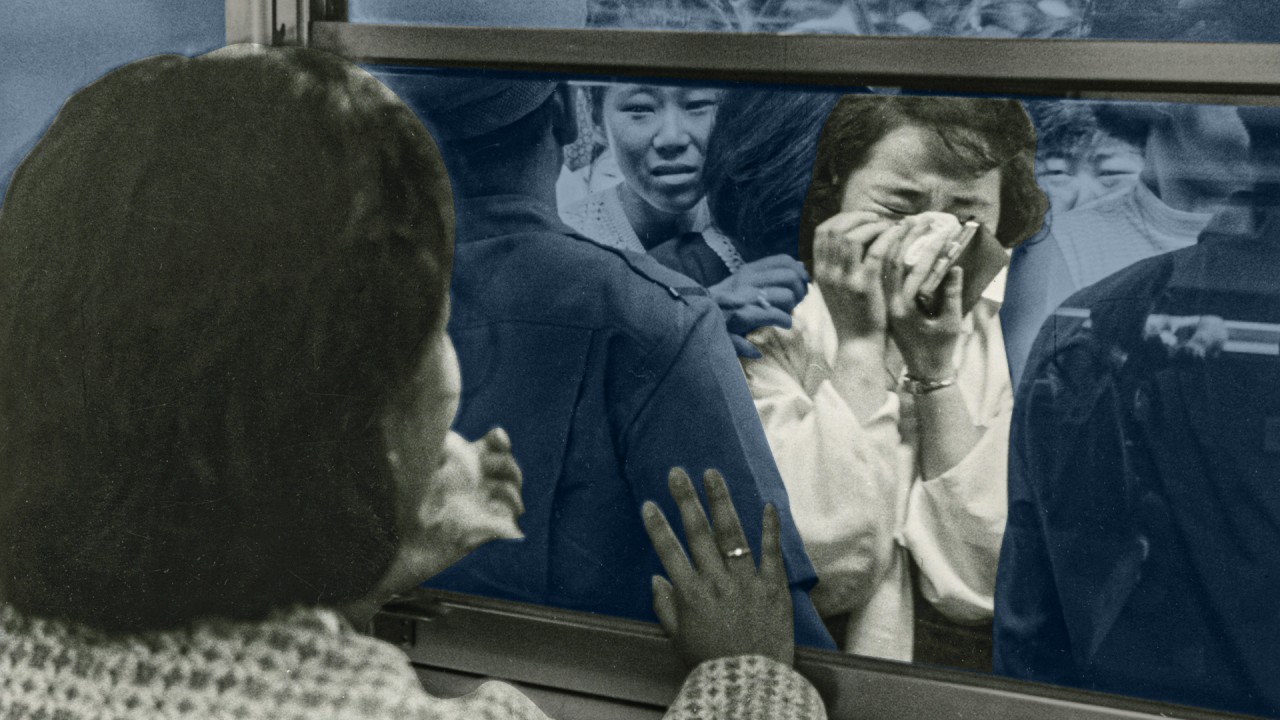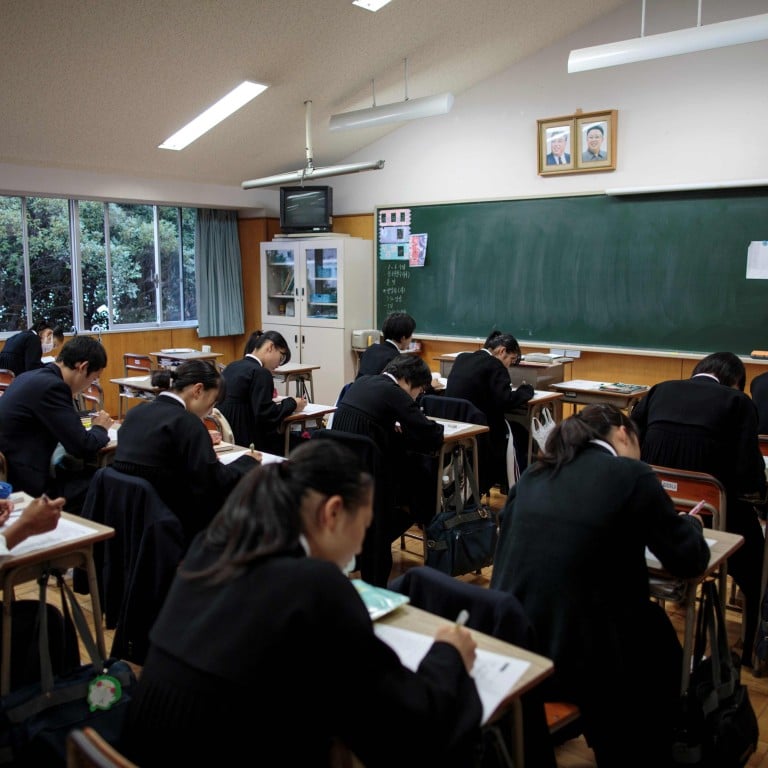
Japan’s North Korean schools lose funding, face closure amid concerns over propaganda in curriculum
- The funding cut for Chongryon facilities is discriminatory and shows Japan does not want any North Korean schools in the country, one academic says
- But conservatives applaud the decision to withdraw support, saying spending money on such schools is ‘tantamount to benefiting a dictatorial regime’
A shortage of funds is already biting in some areas, with supporters of the Fukuoka Korean Academy, in southern Japan, launching a petition on the Change.org website on March 4 appealing for people to back their request that the city council reverse a decision to reduce the school’s budget for the coming financial year.
On February 20, the city’s initial budget proposed support of 1.1 million yen (US$7,275) for the school for the academic year that starts on April 1, a contraction of more than 38 per cent from the previous year.
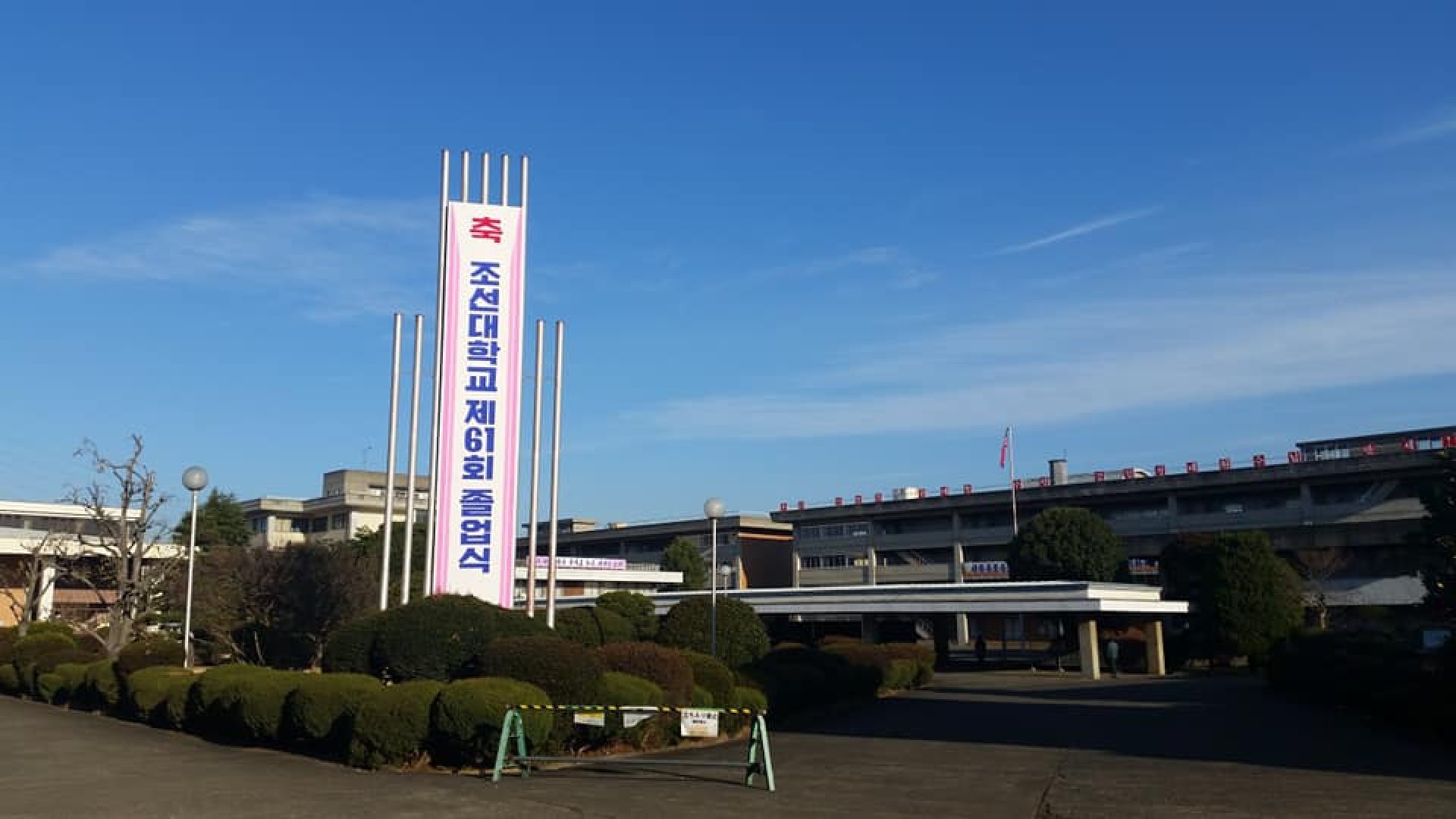
Members of the North Korean community in Japan say the impact of reduced support is already being widely felt, with a number of schools forced to amalgamate their operations and others closing.
“It is becoming more difficult,” admitted Han Gyon-hui, a professor of library and information studies at Korea University, in the west Tokyo suburb of Kodaira, the only overseas tertiary-level educational institution affiliated with North Korea in the world.
“There are parents here who are Korean and they want their own children to grow up being Korean even though they live in Japan,” she said. “People are worried about the funds, of course, but I believe that even if local governments do cut the support, parents and our compatriots will step in to help the schools.”
Japan’s Zainichi and their ‘return to paradise’ that never was North Korea
Most people of Korean descent living in Japan, referred to as Zainichi Koreans, trace their roots back to the period before and during World War II, when Koreans were brought to Japan as labourers under colonial rule. Many choose not to acquire Japanese citizenship, however, due to a desire to retain their Korean identity and instead hold “special permanent resident status”.
Han said she took part in a 2019 protest in Tokyo against the national government’s decision to cancel subsidies to North Korean kindergartens on the grounds that withdrawing the support was discriminatory, adding that it was yet more evidence that the Japanese government “does not want any North Korean schools here”.
A Chongryon official refused to comment on the issue to This Week in Asia, but it is understood that the association has around 70 educational institutions, from elementary to university level, across Japan today, with a little over 10,000 pupils. That is down sharply from more than 140 schools in the 1970s with over 46,000 students.
Meanwhile, conservatives in Japan have applauded the local governments’ move and say the withdrawal of taxpayers’ money to schools that teach hatred for Japan and deify the Kim family dynasty in North Korea is long overdue.
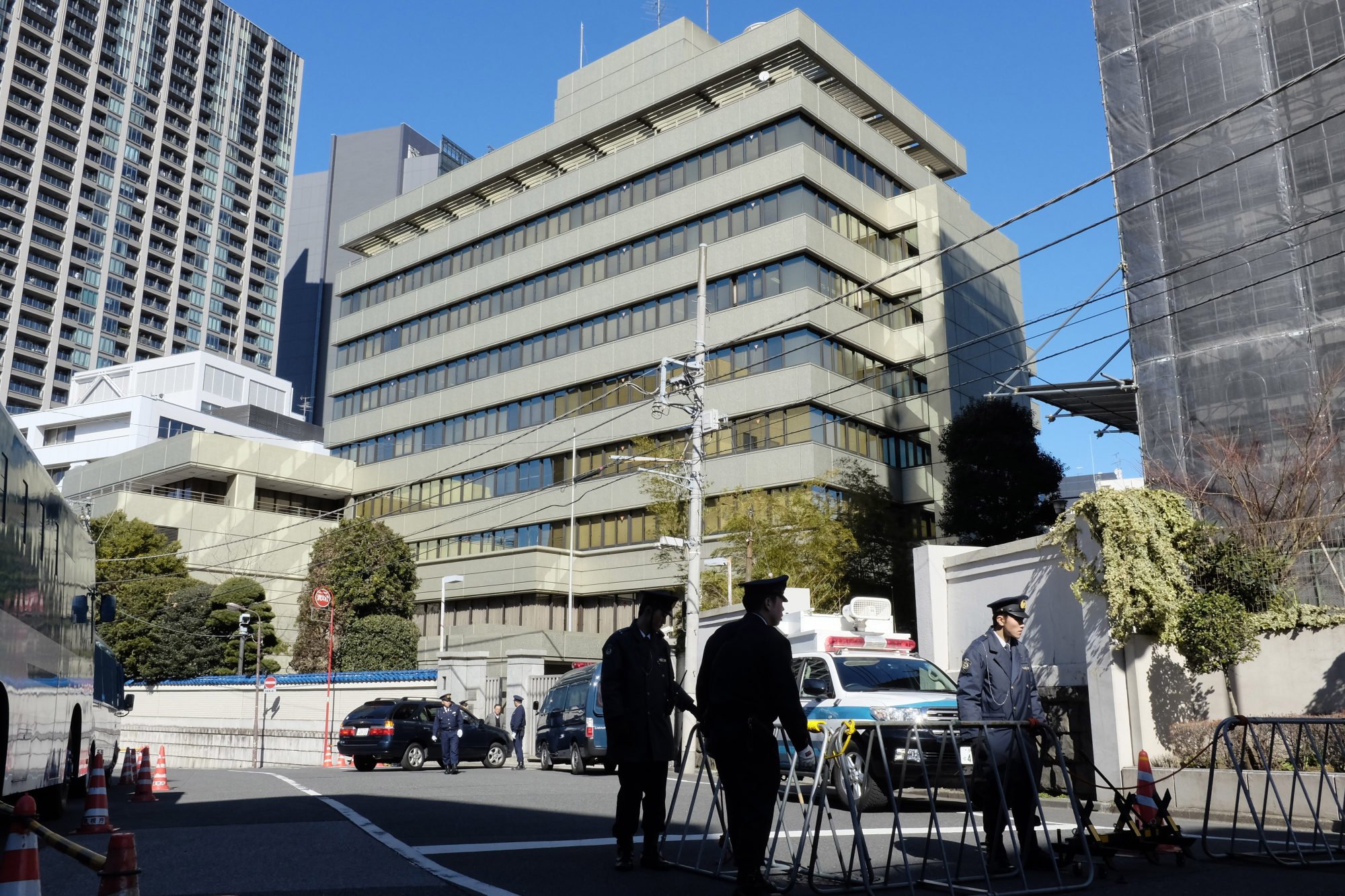
Ninety-three local governments across Japan provided financial support of more than 230 million yen (US$1.54 million) to schools operated by Chongryon over the course of the most recent financial year, the Sankei newspaper reported on March 15. The national government halted state-level financial assistance to Chongryon-affiliated schools in 2012 and successfully fended off a number of legal challenges to its decision over the following years.
Citing data released by the Ministry of Education, the newspaper said the number of local authorities spending taxpayers’ money on schools promoting North Korean political ideology had fallen below the 100 threshold for the first time and was fully 40 per cent lower than in financial year 2011.
Yet the newspaper, like many conservatives in Japan, was still outraged that any public funds at all were being used to prop up schools where portraits of the ruling Kim dynasty are in every classroom and children learn a very different interpretation of not only history but social issues. Conservatives point out that several teachers from Chongryon schools are on international wanted lists.
In a strongly worded editorial published on March 15, the Sankei newspaper said the schools did not follow the Japanese state school curriculum but instead “sing the praises of the dictatorial regime in Pyongyang” and had been “plagued by inappropriate management”.
“The time has come to stop turning a blind eye to these abuses and pull the plug on subsidies coming out of Japanese taxes,” it added.
The local governments in Tokyo and Osaka carried out investigations before cancelling their financial support in 2016, the Sankei reported, determining that the schools’ textbooks praised North Korea’s dictatorship and made no mention of the abduction of Japanese nationals by North Korean agents.
“Spending public money in this manner is tantamount to benefiting a dictatorial regime,” the report concluded. “Moreover, it does nothing to further the education of the children concerned.”
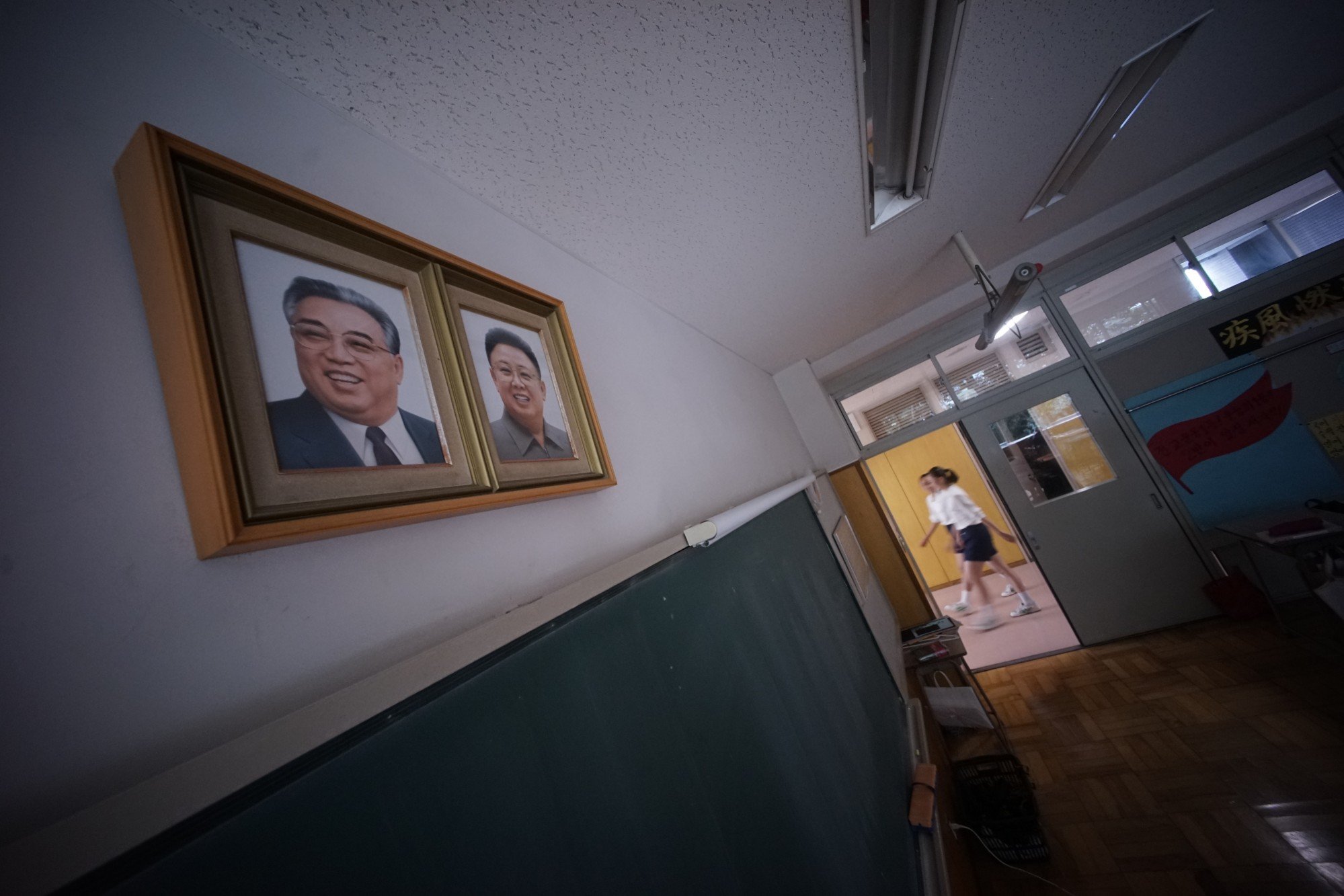
Yoichi Shimada, a professor of international relations at Fukui Prefectural University and an avowed conservative, agreed that the subsidies should be halted immediately and completely.
“It is bizarre that they teach this as no sane person could consider Kim’s regime to be anything other than barbaric,” he said, pointing to countless reports of political repression, the use of prison labour and torture against inmates, and a lack of basic human rights in North Korea.
Shimada argued that refusing to support North Korean schools is not discriminatory, as their pupils have exactly the same rights to attend Japanese schools as other children. That parents choose not to send them to such schools because they want to retain their North Korean identity and heritage is irrelevant, he added.
Japan mum ‘disgusted’ by Tokyo’s failure to free daughter seized by North Korea
Shimada also pointed out that teachers at Chongryon-affiliated schools have in the past been linked to criminal activity, such as Kim Kil-uk, who was the head of a school in Osaka but was suspected of being involved in the abduction of Japanese nationals in the 1980s. Kim managed to escape Japan and travel to North Korea, although he remains on Interpol’s wanted list.
Similarly, Cho Gyu-son, head of the North Korean school in Shimonoseki, is wanted by Japanese police in connection with the alleged importing of 250kg of amphetamines that were then sold to a Japanese “yakuza” organised crime group.
Shimada said Japanese authorities kept a close eye on Chongryon and its officials for any signs of illegal activity.
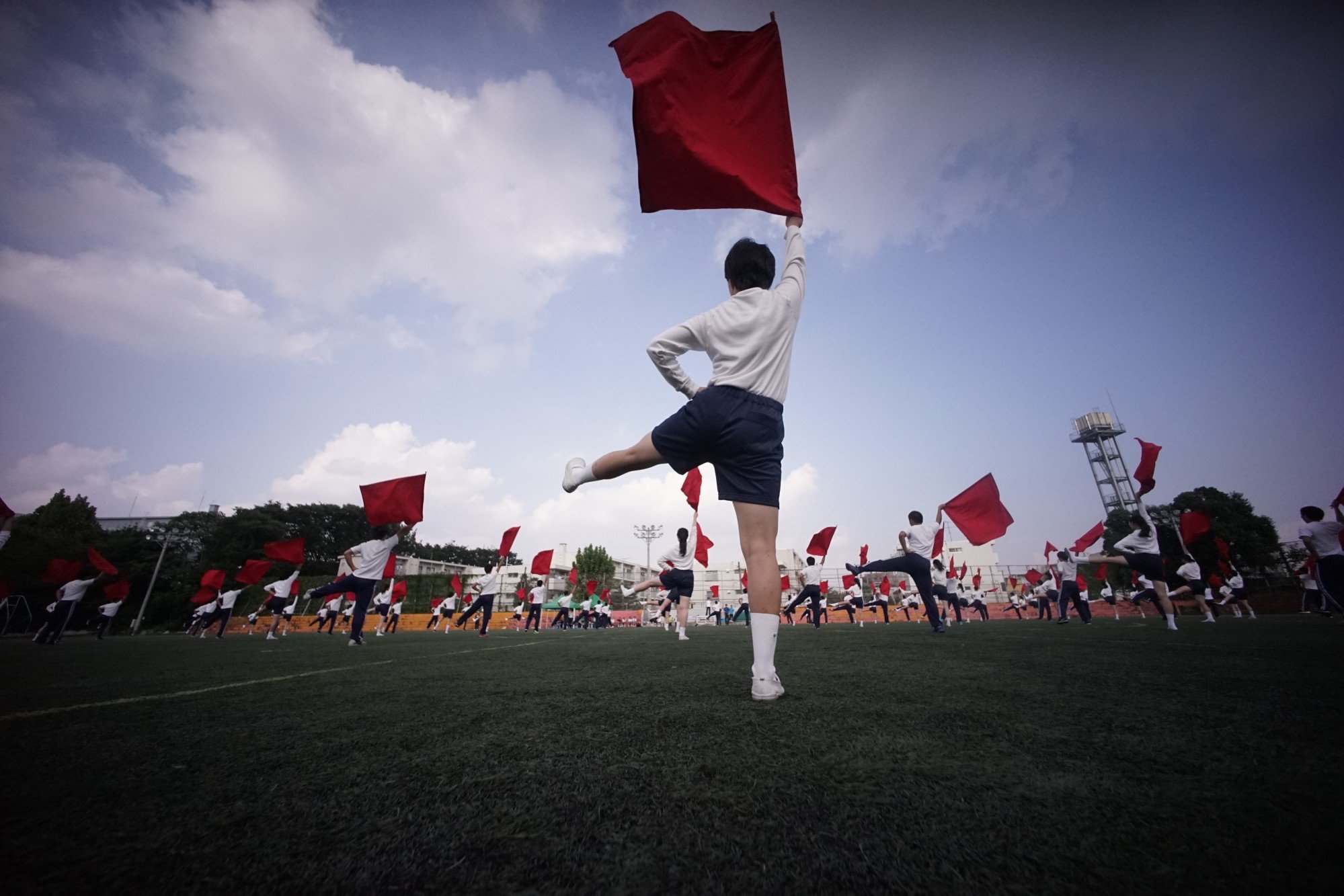
A woman whose two sons graduated from a Korean high school in Tokyo sighs with exasperation over these criticisms.
“This problem has been going on for years and children are the ones who are suffering because the cost of running Chongryon schools is so expensive,” said the woman, who did not want to be named.
“But this is our community and we believe it is important to sustain our education standards and protect our national identity,” she said. “Education is a basic right for our children and we teach them to love their country – and that has nothing to do with outsiders.
“And when we hear of a politician saying that we are teaching the children to be spies, we just think that is ridiculous,” she added.
2 Korean school students in Japan confronted over Pyongyang missile launches
“We have not been brainwashed. We can think for ourselves. We know about North Korean society. And I do not believe what the children learn in our schools is so different from Japanese schools.”
The woman added that many children who attend North Korean schools in Japan have the sense that they are part of both communities and nations.
“And if we receive some help from the Japanese government, then we would be appreciative and could act as the bridge between the two countries,” she said. “But it makes me sad when I hear that a school that has been teaching children for many years suddenly disappears.”


